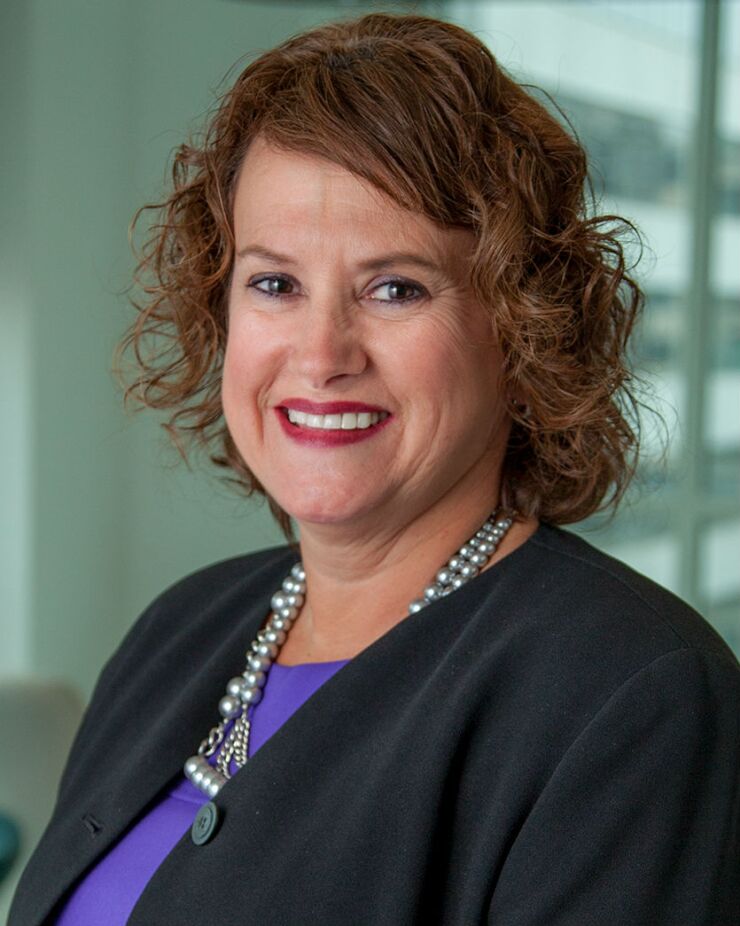The Municipal Securities Rulemaking Board has put out a request for comment on two draft compliance resources for broker dealers and municipal advisors concerning pricing new issuances and will be accepting comments until Jan. 4, 2022.
The 90-day comment period for this guidance comes as the MSRB is “undertaking a retrospective review of the catalogue of interpretive guidance in its rule book,” the release said, which “may result in the codification of certain guidance into clearer and potentially easier to identify obligations or the deletion of guidance that is repetitive with other guidance and superfluous.”
“In developing these resources, we're not saying that there are issues with pricing, we just wanted to remind our regulated entities that the supervisory procedures and controls and compliance policies should be speaking to pricing and in what instances that should happen,” said Gail Marshall, chief regulatory officer at MSRB.
The MSRB has a Compliance Advisory Group, and earlier this year, accepted input from issuer representatives, investment bankers and lawyers on where to focus and develop its compliance efforts.
The MSRB does not examine regulated entities but other governing authorities such as the Securities and Exchange Commission as well as the Financial Industry Regulatory Authority have signalled that they will be looking at pricing during exams.
“The examining authorities were speaking of it and firms are getting examined on it,” Marshall said. “We thought we could put out a compliance resource that firms could use to assist them in evaluating or developing the policies and the procedures.”
The first draft seeking comment is focused on underwriting activity and is intended to enhance dealer understanding of the applicable fair dealing obligations under MSRB rule G-17, as well as G-27, which deals with supervision.
The second draft seeking comment is focused on enhancing understanding of the applicable standards of conduct under MSRB rule G-42, which focuses on the duties of non-solicitor municipal advisors, as well as rule G-44, dealing with the supervisory and compliance obligations of municipal advisors.

“The tool was really trying to stitch together those existing obligations into a single resource and provide summaries, questions and some considerations that if you're at a firm and trying to understand how fair dealing and supervisory obligations relate,” David Hodapp, director of market regulation at MSRB said. “This might be helpful as you think about your supervisory procedures.”
The request for comment includes a number of questions which the agency invites responses to, including whether the MSRB should amend these rules, or adopt or amend formal interpretive guidance that expressly defines a regulated entity's obligations with respect to new issue pricing.
Groups representing muni advisors and broker-dealers welcomed the chance to comment.
“MAs provide many different types of services to their clients on a variety of muni transactions. It is important for the regulatory framework to reflect this,” Susan Gaffney, executive director of the National Association of Municipal Advisors said in a statement.
“The RFC is helpful in discussing how current rules apply when an MA has pricing duties within their scope of services,” she added. “We will be continuing to review the document and provide input to reflect that the services that MAs provide are not one-size-fits-all while also acknowledging the importance of having appropriate compliance and supervisory procedures in place.”
Bond Dealers of America’s senior vice president for research and public policy Michael Decker said the request for comment appears to be a constructive assembly of compliance requirements.
“We are particularly encouraged by the Board’s statement that the resource ‘does not create new legal or regulatory requirements or new interpretations of existing requirements,’” he said.
SIFMA’s Leslie Norwood said she appreciated the 90-day period in order to generate thoughtful responses to the questions and that the group “looks forward to sharing our comments during the comment period.”





